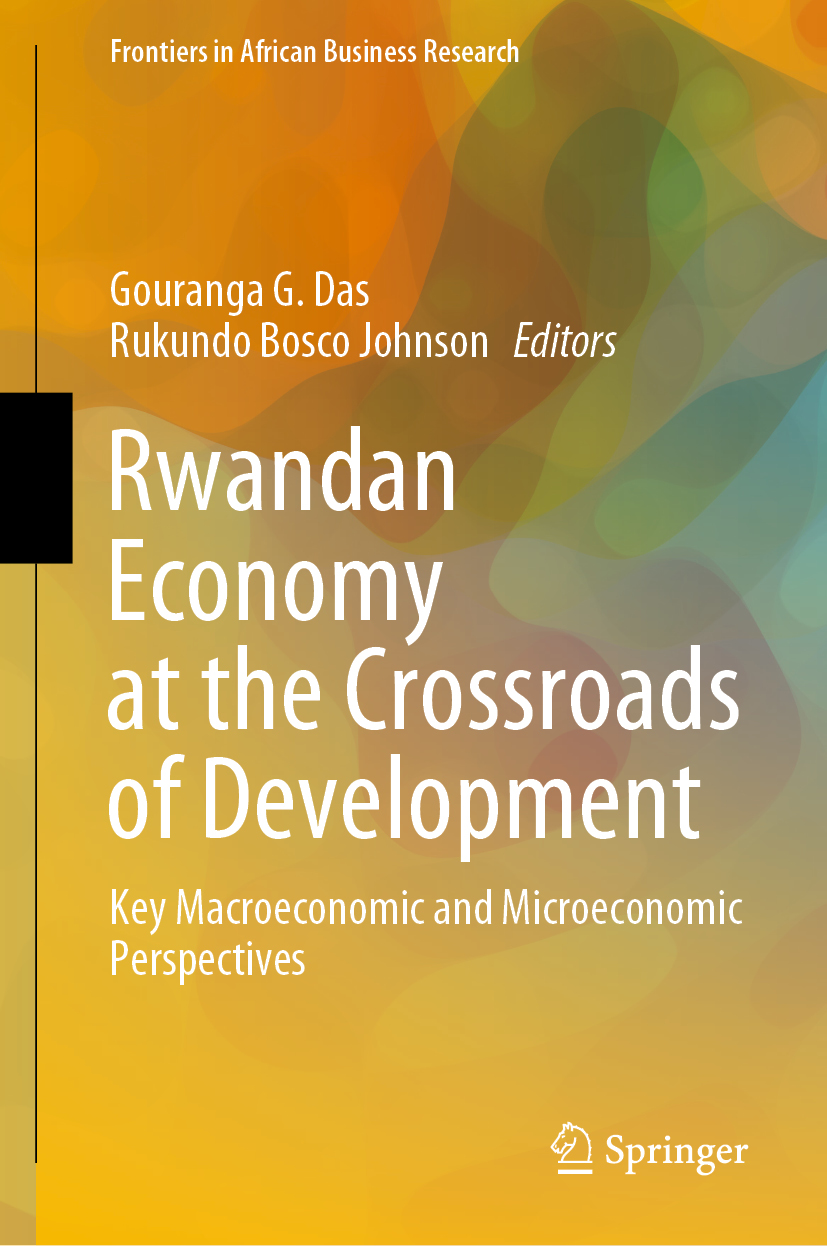Gouranga G. Das is Professor of Economics at the Department of Economics, Hanyang University, South Korea. Prior to this appointment, he worked as a Visiting Professor of Economics at Kyungpook National University, Korea and as a Post-Doctoral Research Fellow at the University of Florida. He obtained his M.Phil and PhD in Economics from Jawaharlal Nehru University, India and Monash University, Melbourne, Australia respectively. He has been visiting researcher in the University of Antwerp, Belgium and UNU-World Institute of Development Economics Research at Helsinki, Finland, and International Monetary Fund (IMF) at Washington DC, USA. Primary fields of his research focus, inter alia, on Trade and Development, Computable General Equilibrium Modeling, Technological Change, Migration, Outsourcing, and Environmental issues. He worked extensively on development issues related to globalization, technology transfer, human capital, role of institutions, and its impact on development and was recently engaged in Asian Development Bank (ADB)’s project on economic policy analysis in the context of Central Asian Economies. He serves in the editorial boards of peer-reviewed professional journals in Economics.
Johnson Bosco Rukundo is a lecturer at the department of Economics, school of Economics, College of Business and Economics, University of Rwanda. He holds a PhD in Economics from Jönköping University- Sweden and a Master’s Degree in Economic Policy Management from Makerere University (Uganda) as well as Bachelor’s Degree in Economics from the former National University of Rwanda. He has been in the academic profession for the last ten years teaching and undertaking research activities. Major research interests are in; Industrial organization, Economic development, Agriculture productivity, Employment and Growth, and Gender economic policy. His research publications are in the development and growth thematic area. He has a profound experience in consultancies undertaken for both the private and public institutions as well as civil society organizations.



